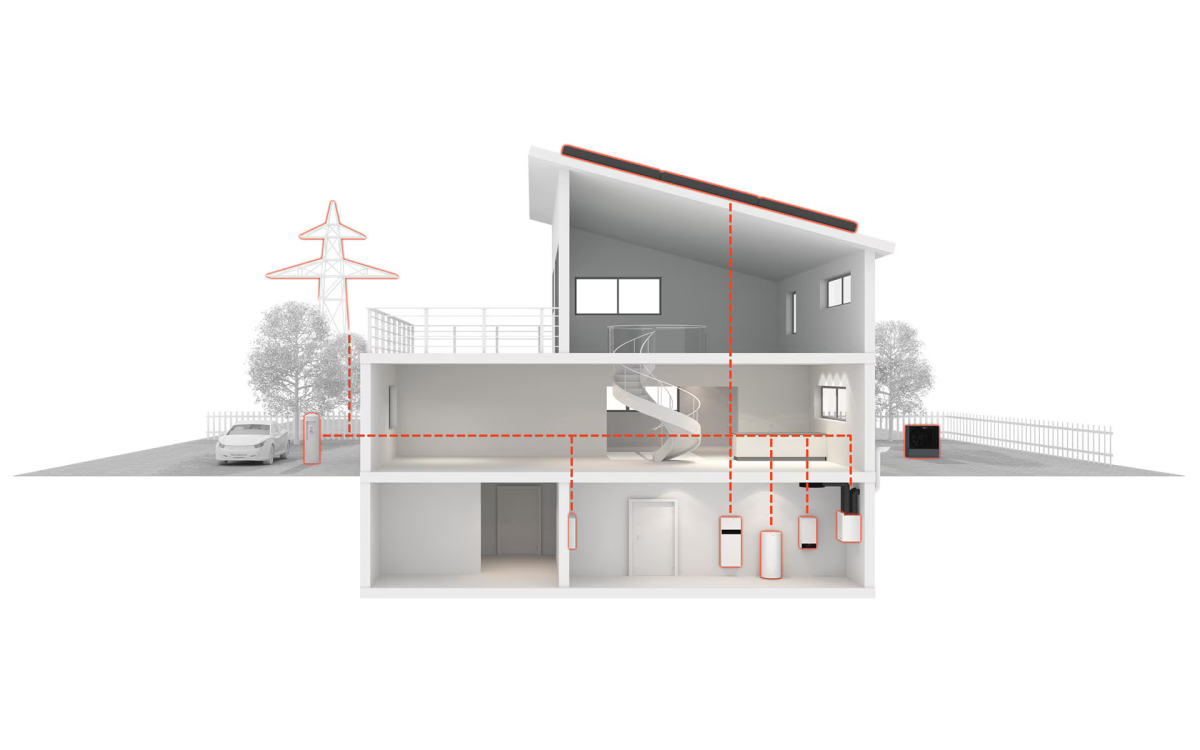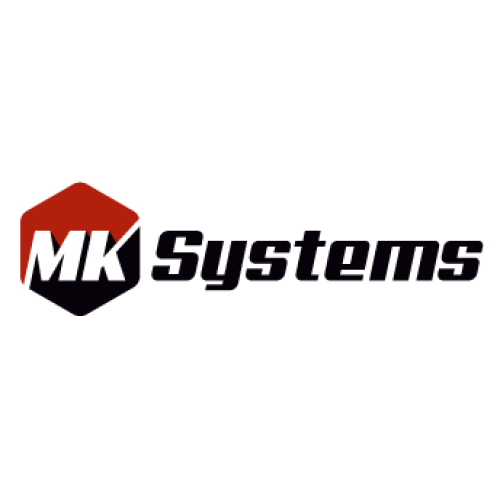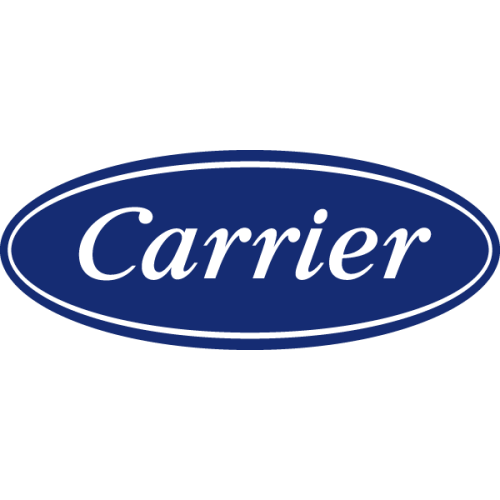Water Softening System - Protection Against Limescale Build-up
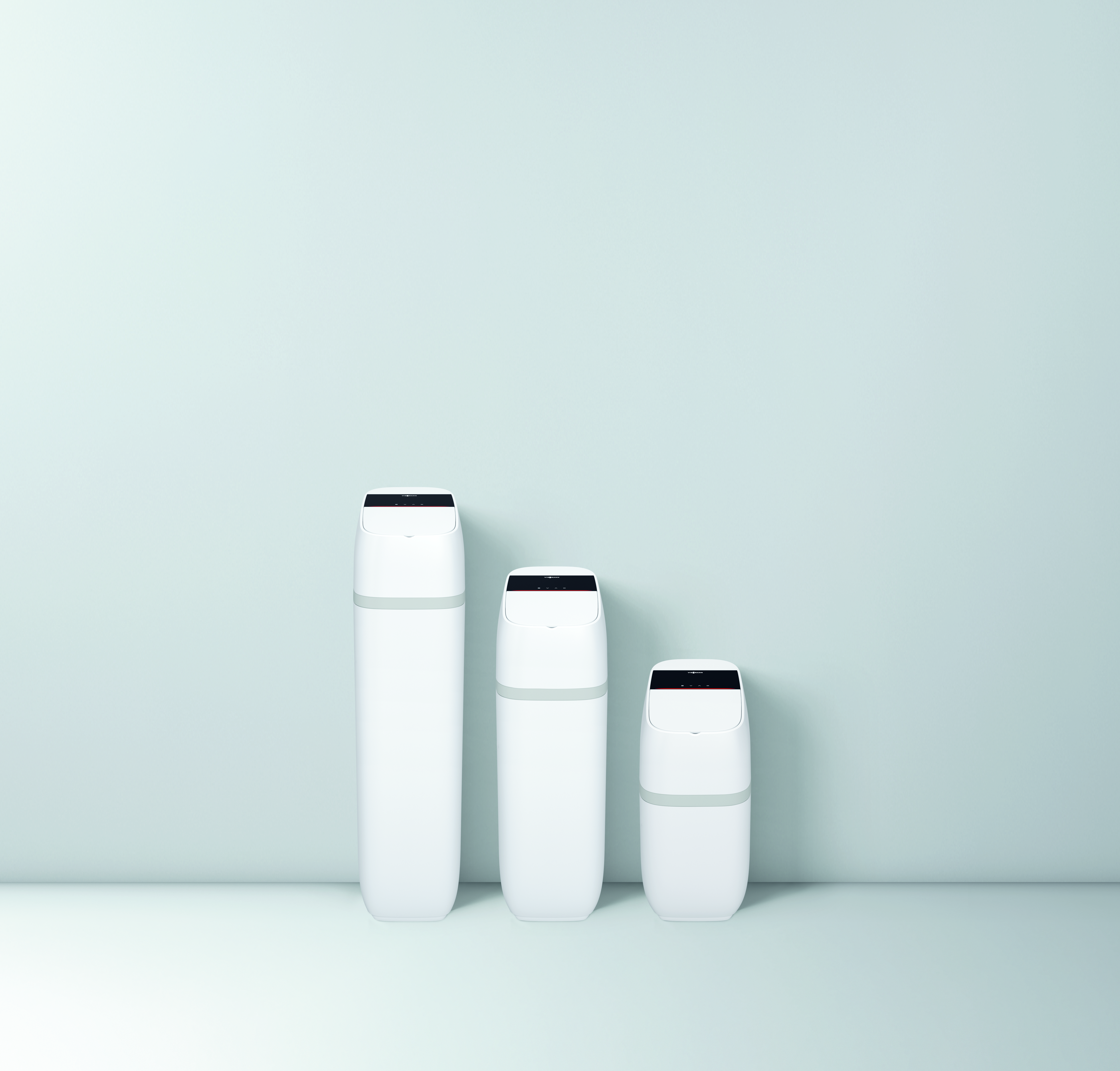
Water softening system – protection against limescale formation
Hard water can cause persistent deposits. They not only affect heating systems but can also damage pipes, household appliances, and sanitary fittings. A water softening system reduces the hardness of drinking water, protecting it from limescale buildup. This helps extend reliability and service life while increasing comfort – not only during laundry. The Viessmann Vitoset range includes innovative drinking water softening systems for single-family homes, apartment buildings, small businesses, and catering facilities.
What is hard water?
Water hardness is caused by lime and dissolved calcium and magnesium ions. The higher their proportion, the harder the water. The source of drinking water and the composition of the soil have a major influence on hardness. Water becomes hard when it comes into contact with limestone, such as chalk or marble. More information about the hardness of drinking water can be obtained from your local water supplier.
There are three different hardness ranges
Water hardness is expressed as calcium carbonate content in millimoles per liter (mmol/l). This value distinguishes three hardness ranges, as shown in the table below:
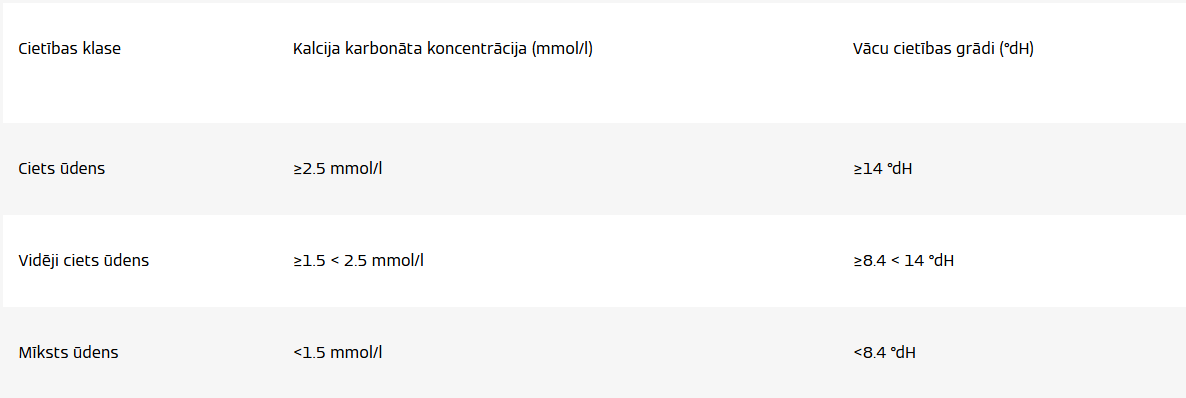
What are the benefits of water softening?
Hard water has its advantages. One of them is that it contains more minerals than soft water. However, in the long run it causes limescale deposits in appliances containing or using water, as well as in household devices. These deposits not only reduce service life but also decrease heat transfer in heating exchangers and heating elements, for example, in washing machines and kettles, thereby increasing energy consumption. Water softening definitely improves energy efficiency. In addition, water with very high lime content makes it harder to clean taps and fittings, increases detergent consumption, and reduces cleaning performance. The taste of hot drinks is also negatively affected. If lime content is too high, water softening is highly recommended.
Take advantage of these water softening system benefits
- Effective protection against limescale in hot water tanks and pipes
- Energy savings and extended service life of household appliances
- Maximum shine in the bathroom due to significantly reduced deposits
- Softer skin and silky hair thanks to softened water
- Softer laundry and fabrics
- Reduced consumption of detergents and cleaning agents
Viessmann drinking water softening systems are DVGW-certified.
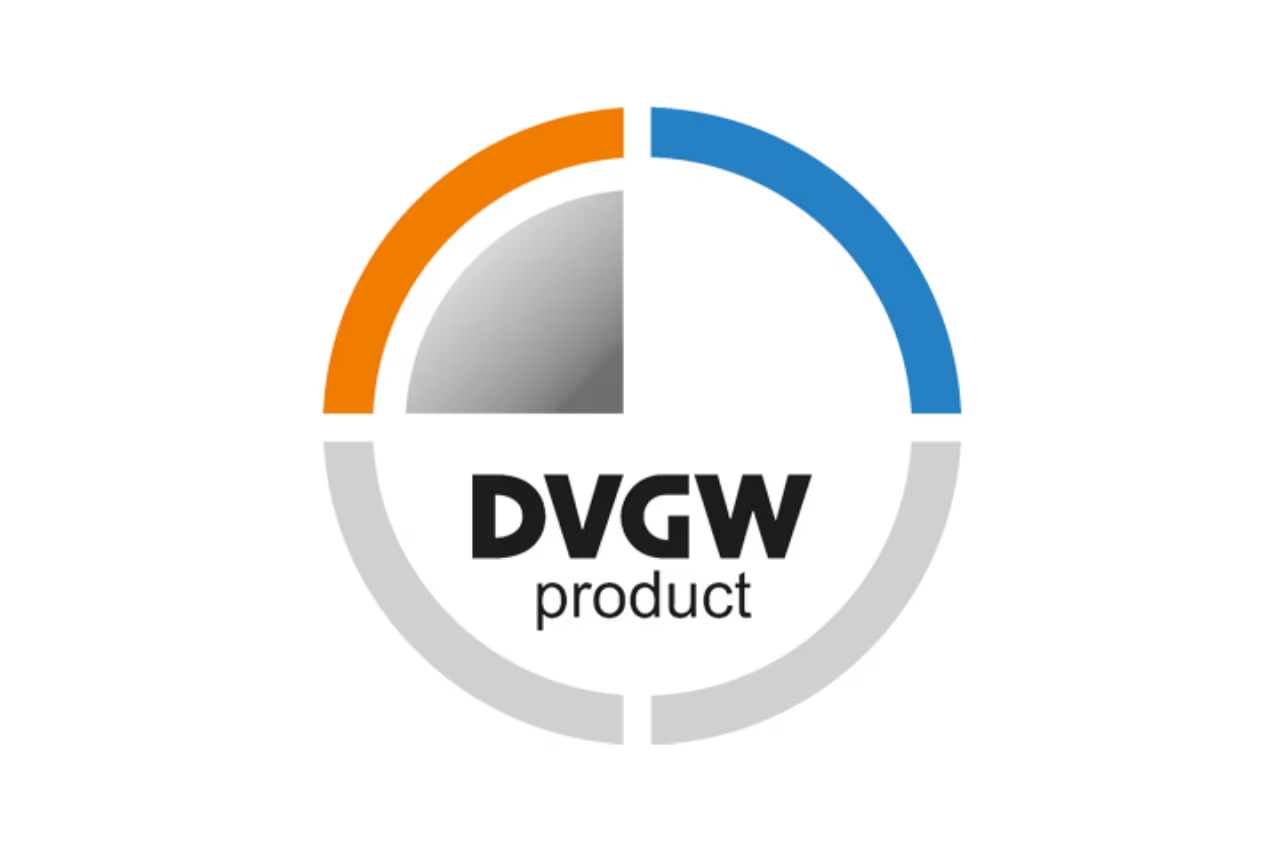
How does a water softening system work?
The Viessmann water softening system operates using a proven ion-exchange process. With this method, water flows through resin charged with sodium ions. In the exchange process, it releases calcium and magnesium ions and absorbs sodium ions. In this way, the system produces fully softened drinking water. The standard mixing valve makes it easy to set the desired hardness of the softened water. When the ion-exchange resin becomes saturated, it must be regenerated with sodium ions. However, the innovative Viessmann VS 19D and VS 42D water softening systems regenerate only the depleted resin, saving both salt and regeneration water.
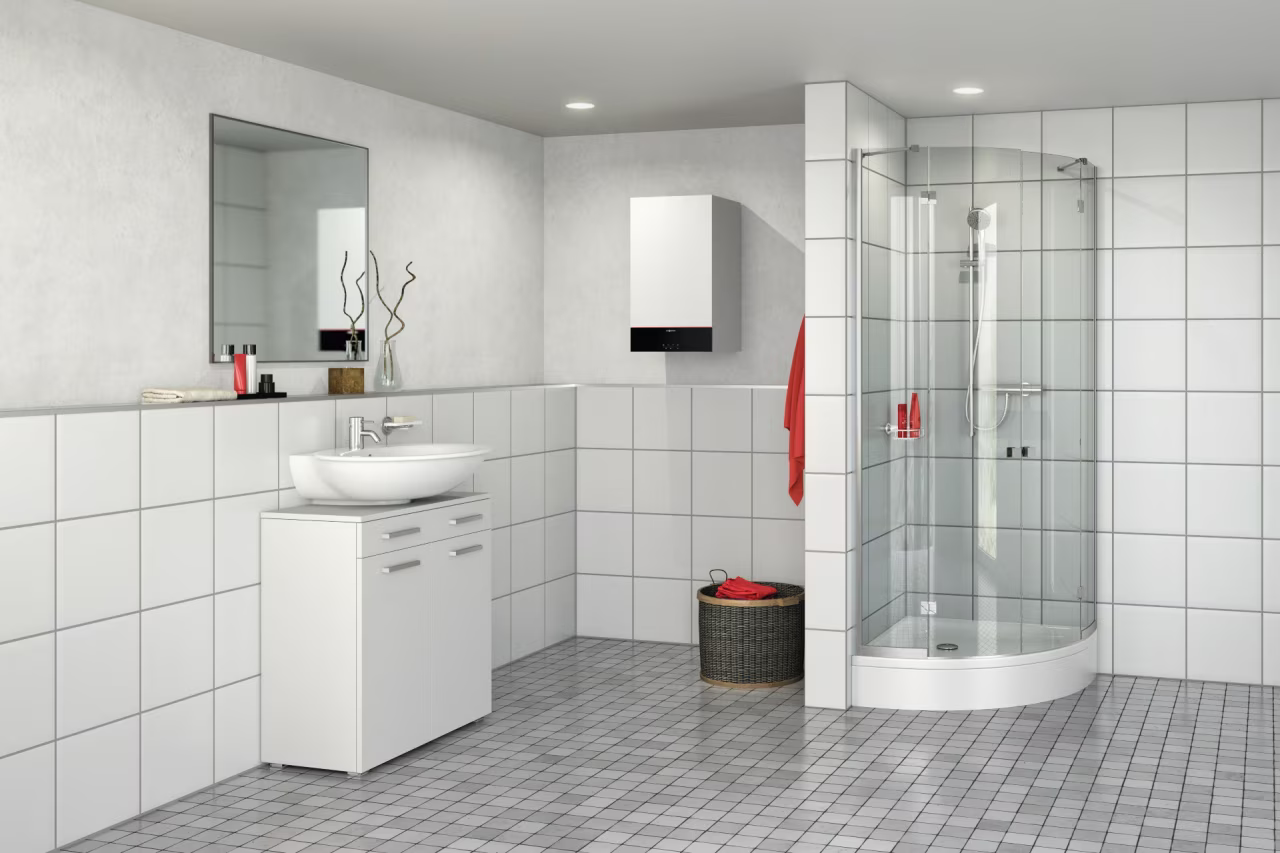
Choosing the right water softening system
If you want to soften water, it is important to choose the right system. The following table shows which Viessmann softening system is suitable depending on water hardness and the number of people in the household (with recommended softening up to 6 °dH):

Author: viessmann.lv

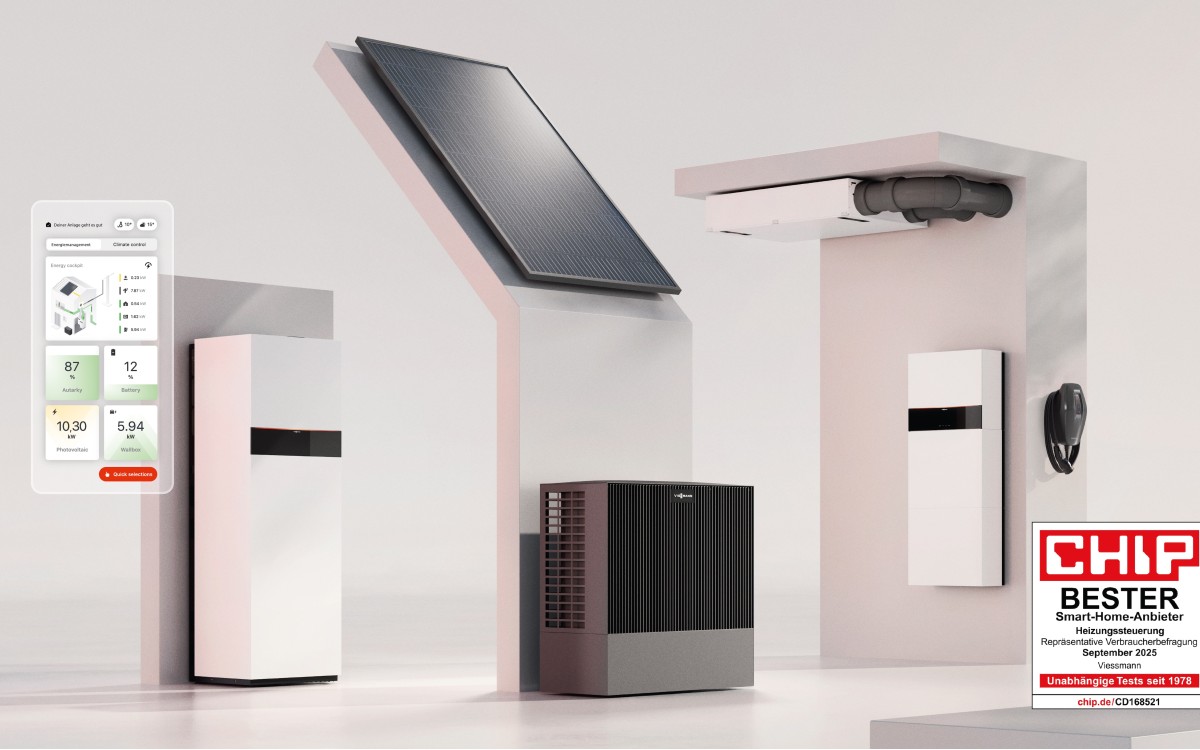
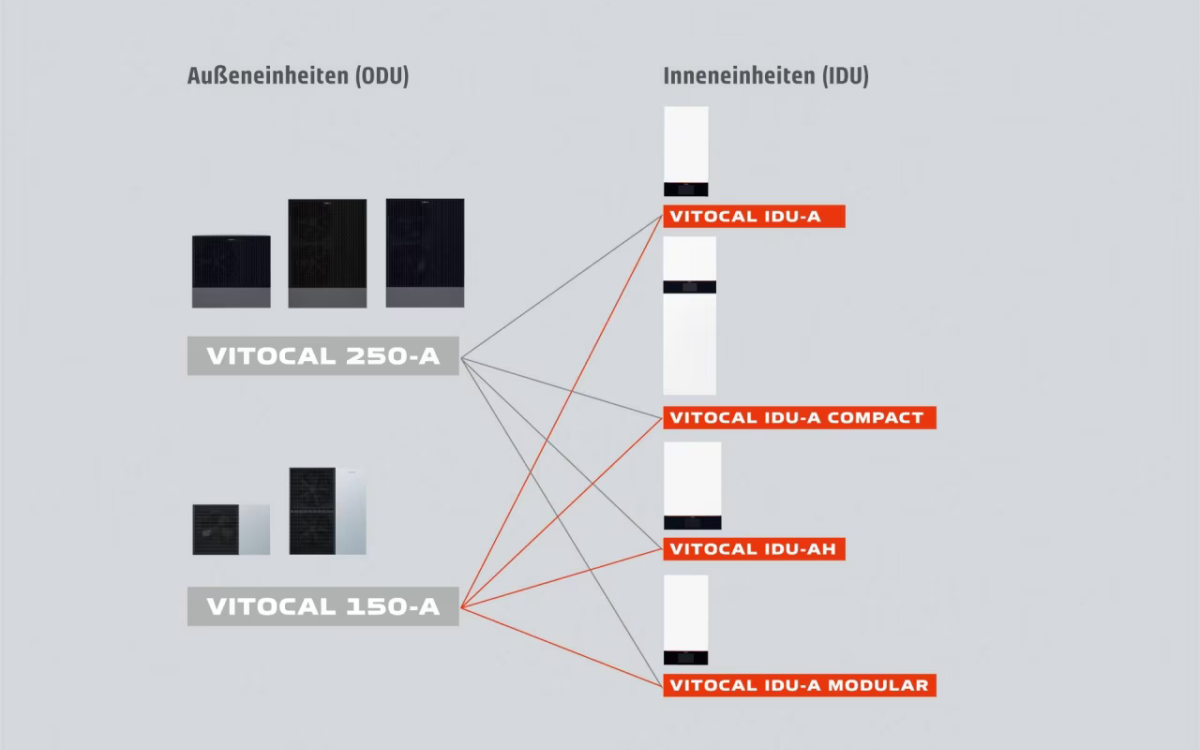
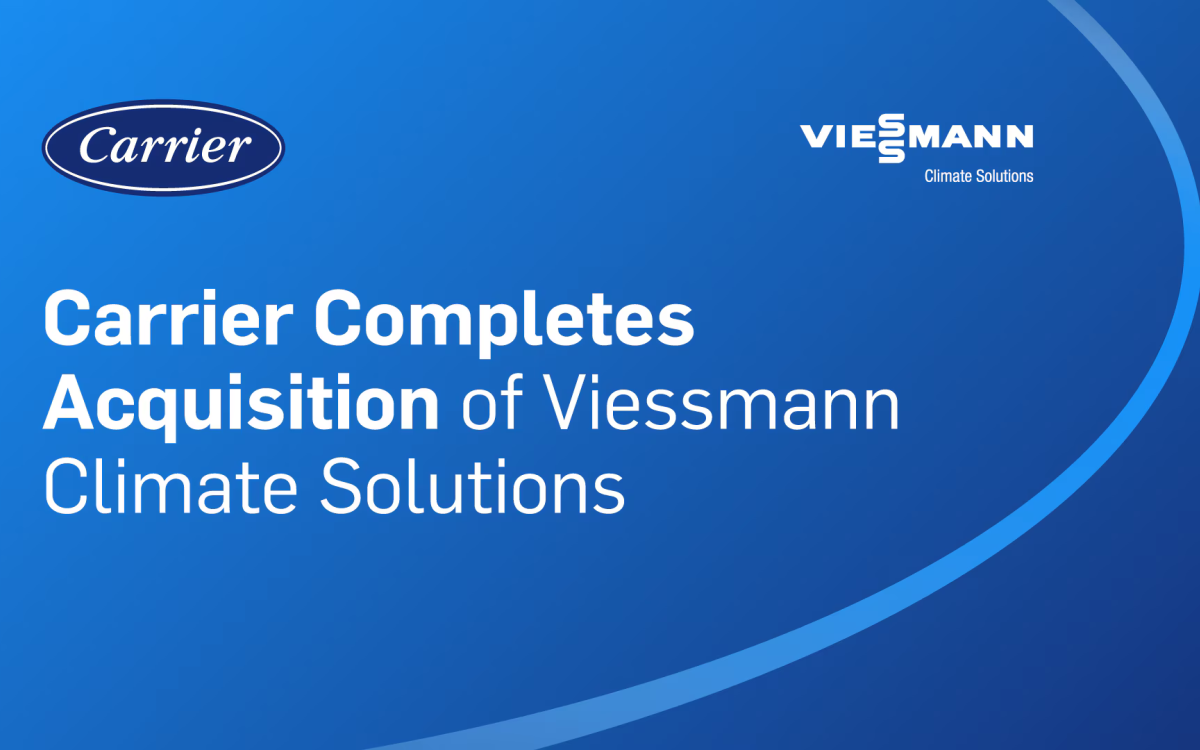
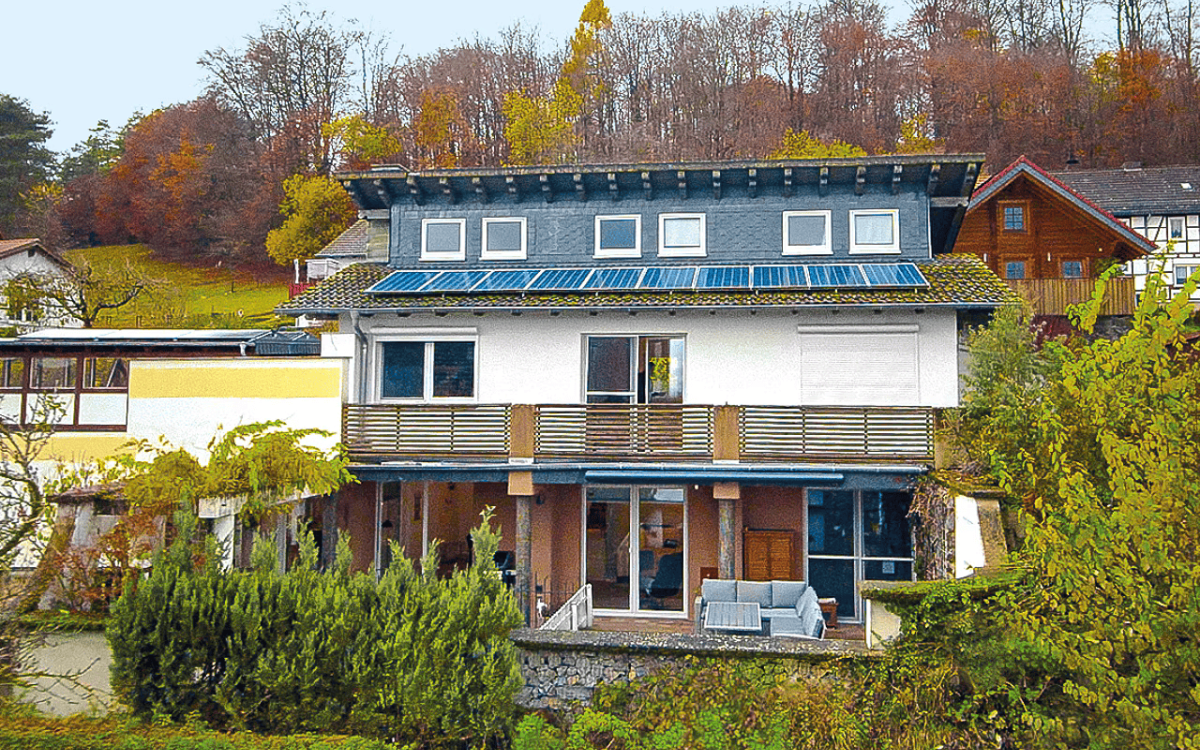
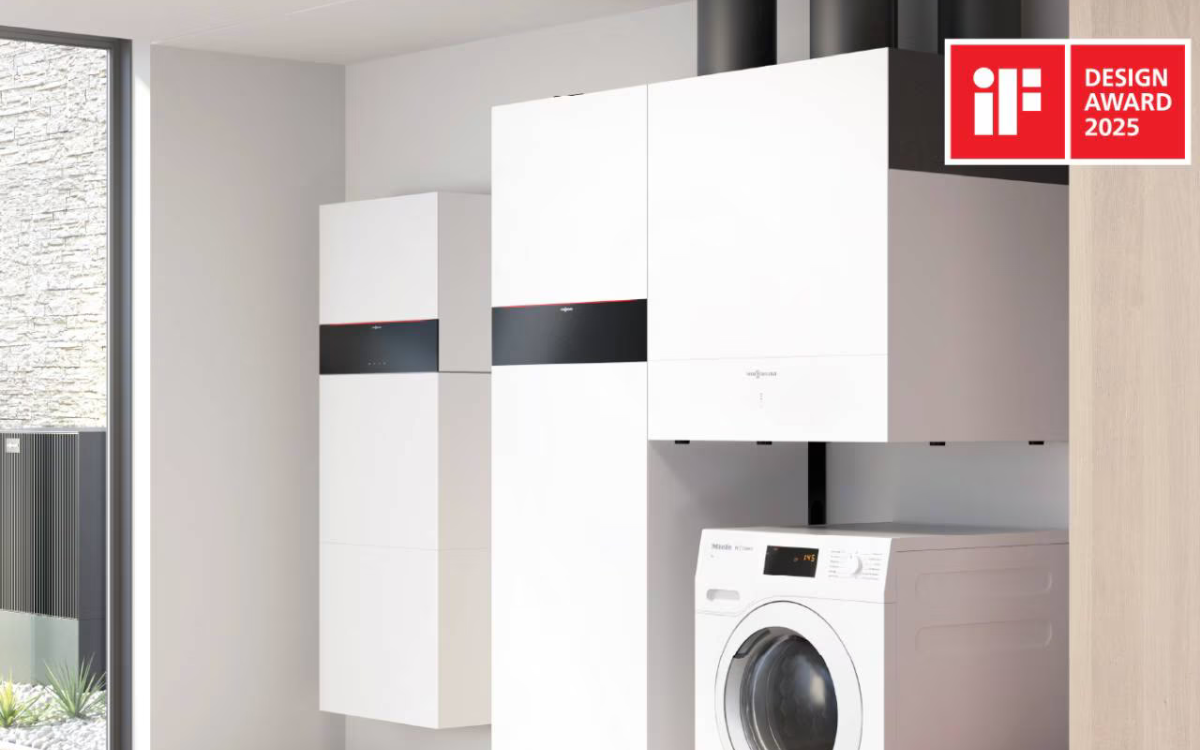

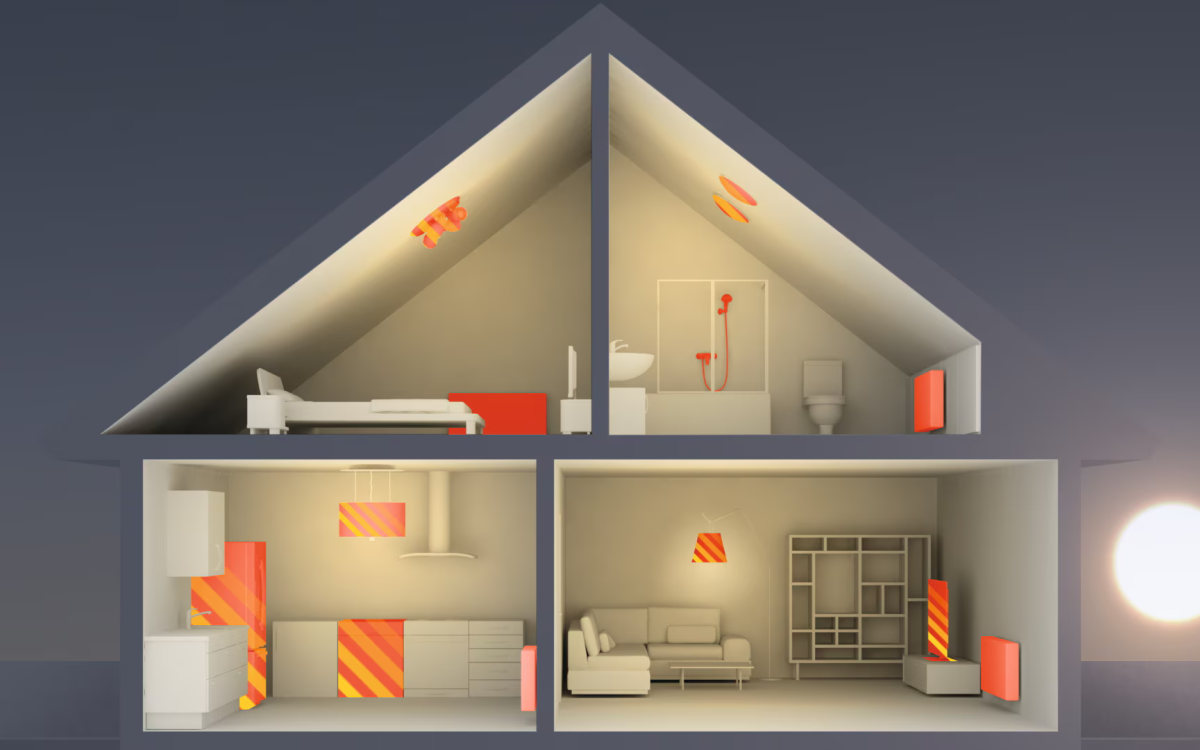
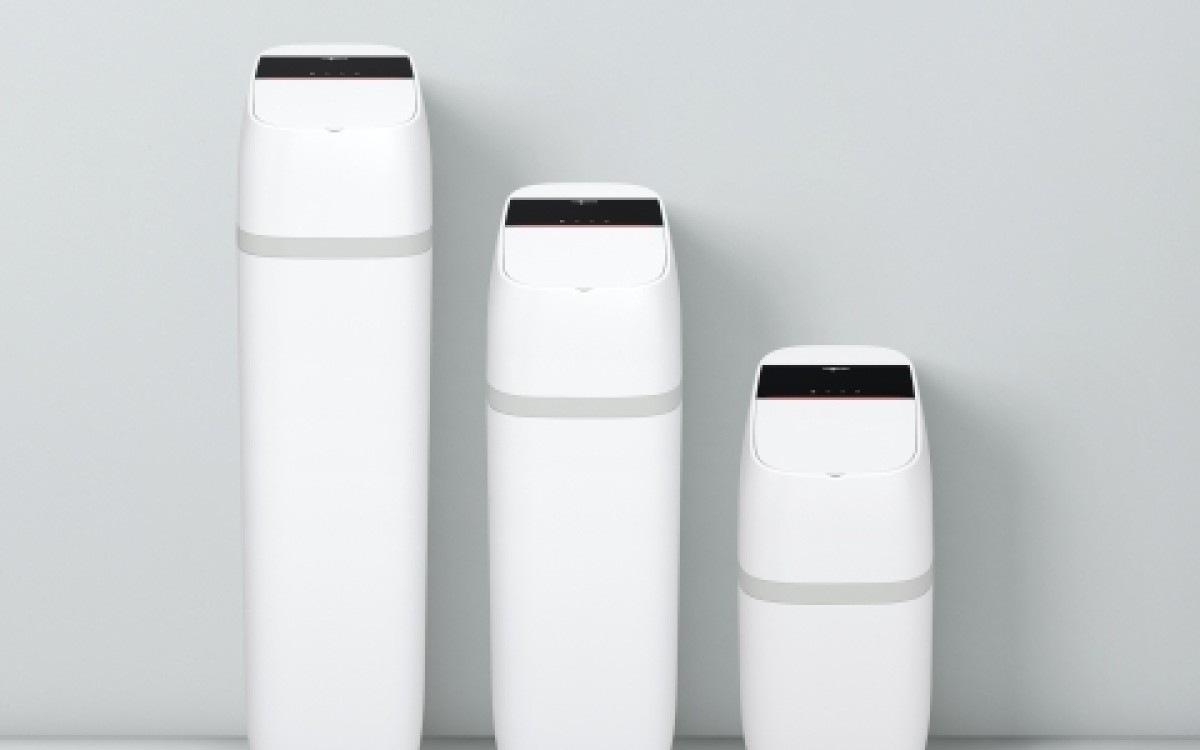
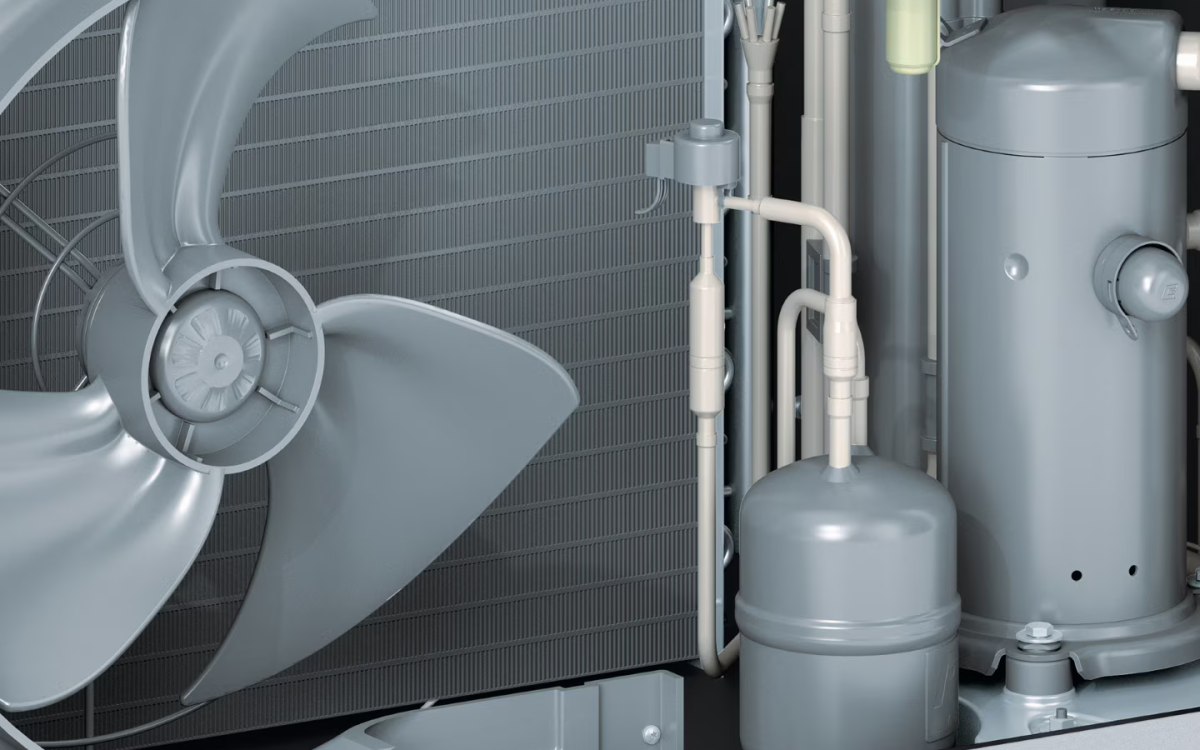
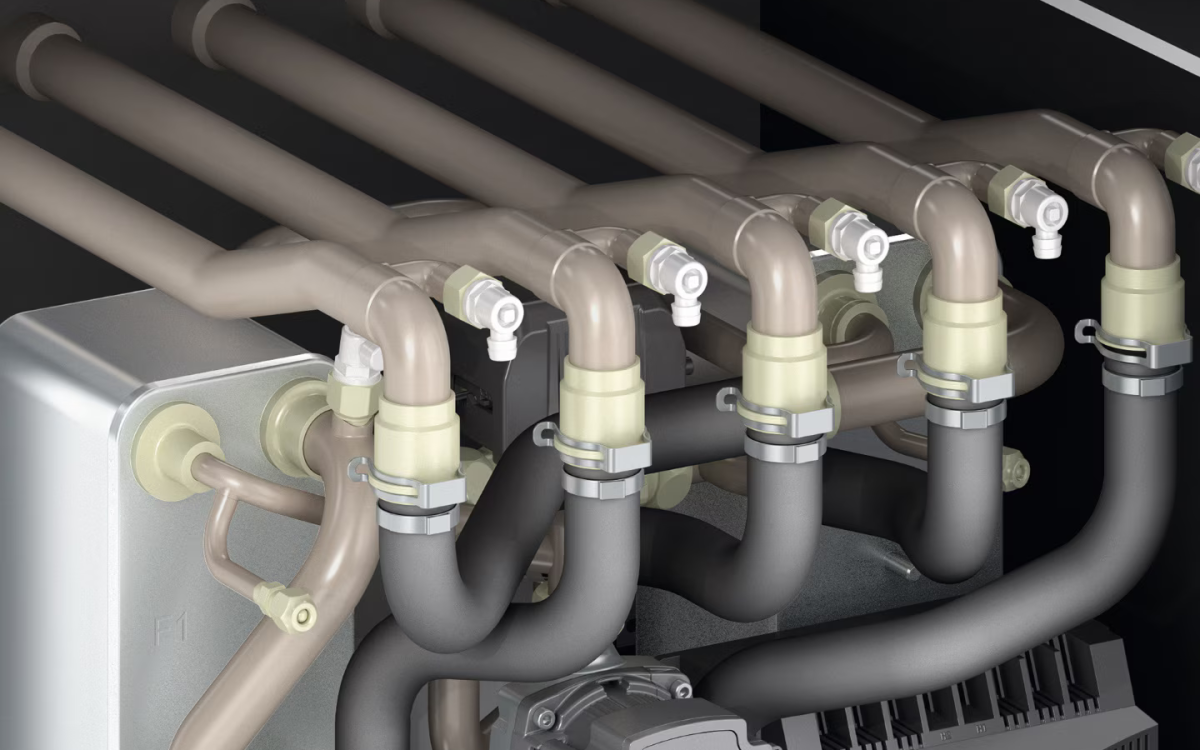
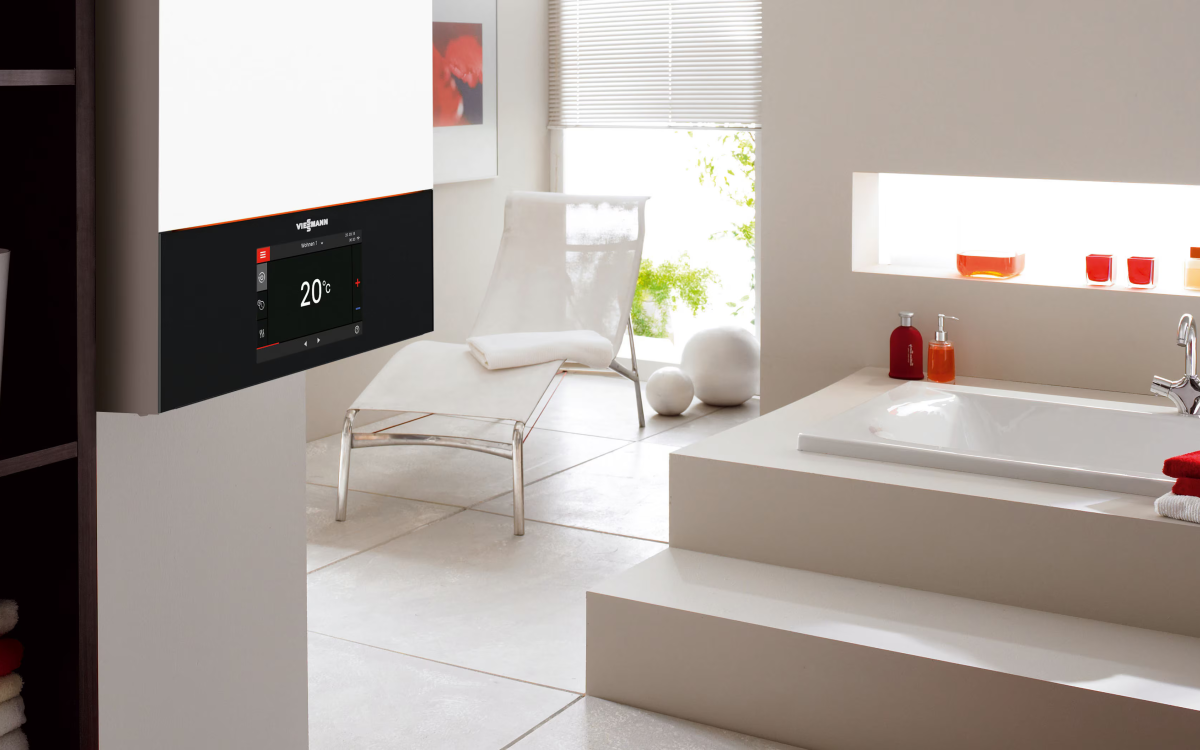
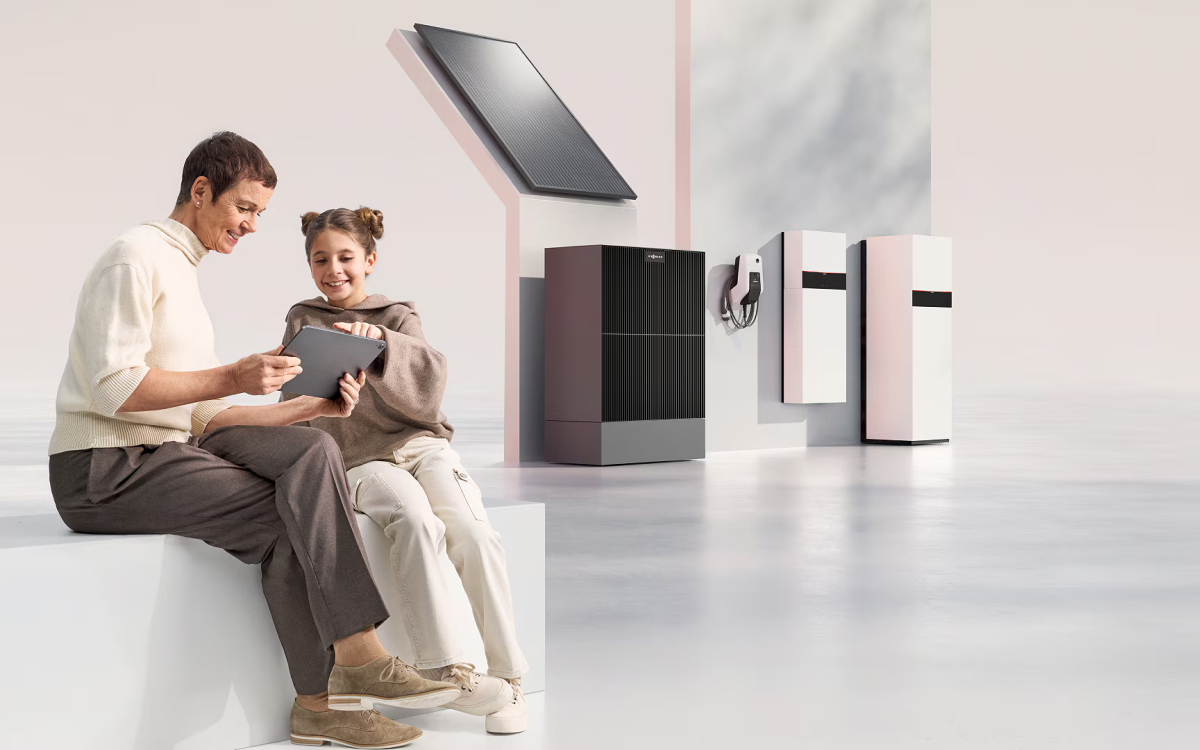
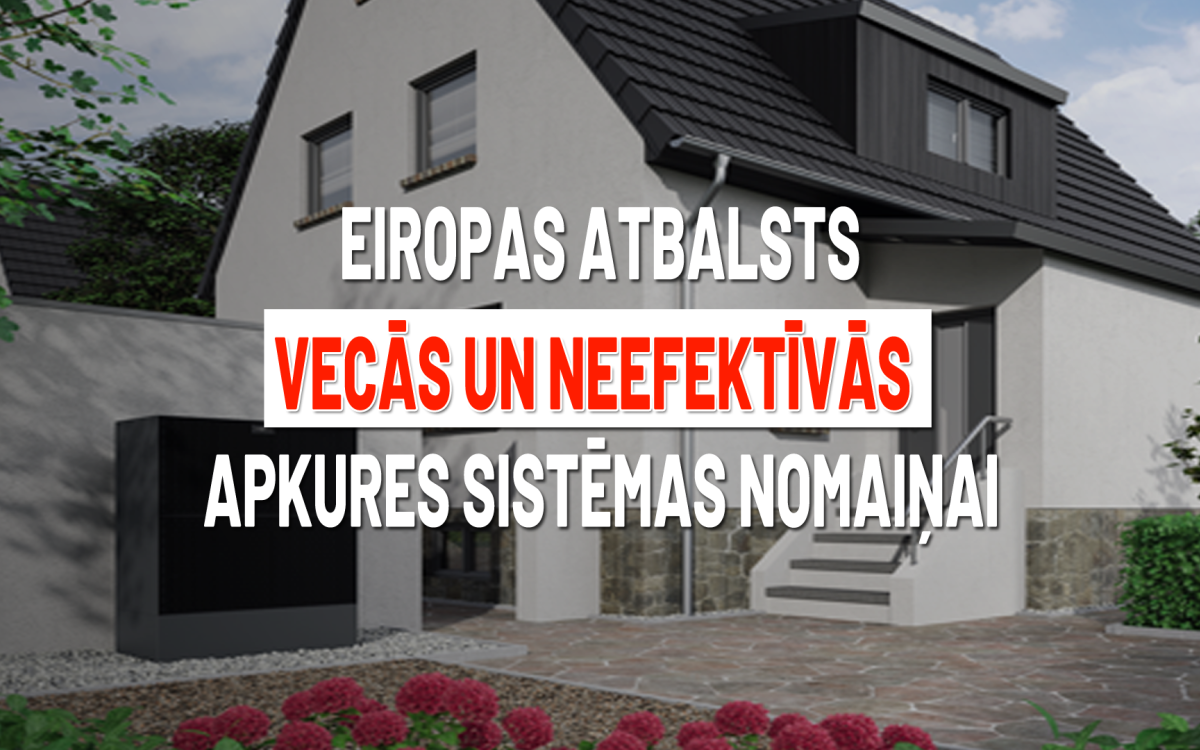
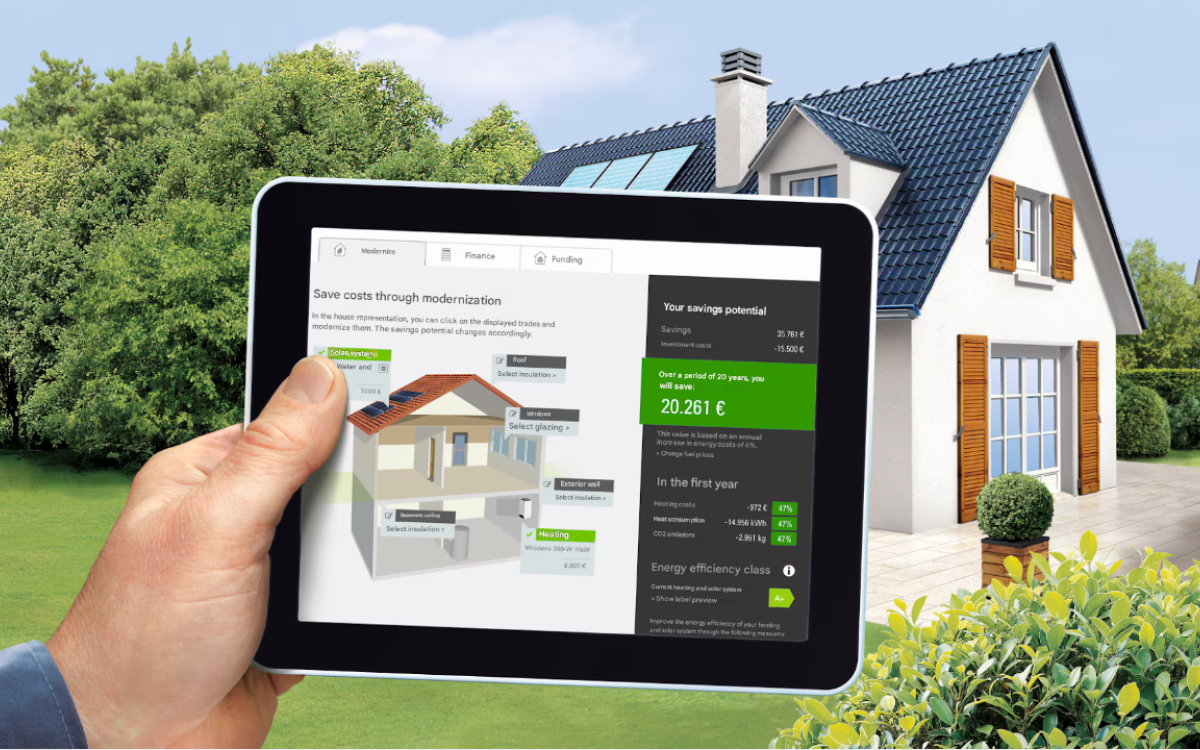
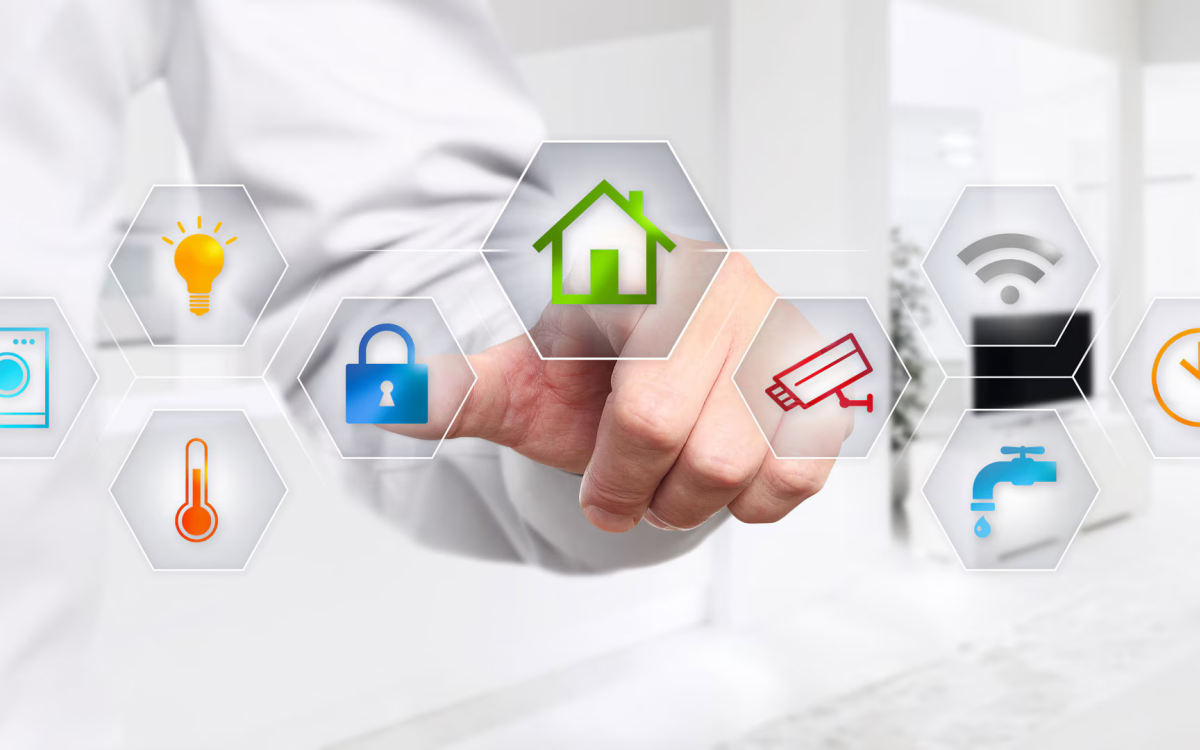
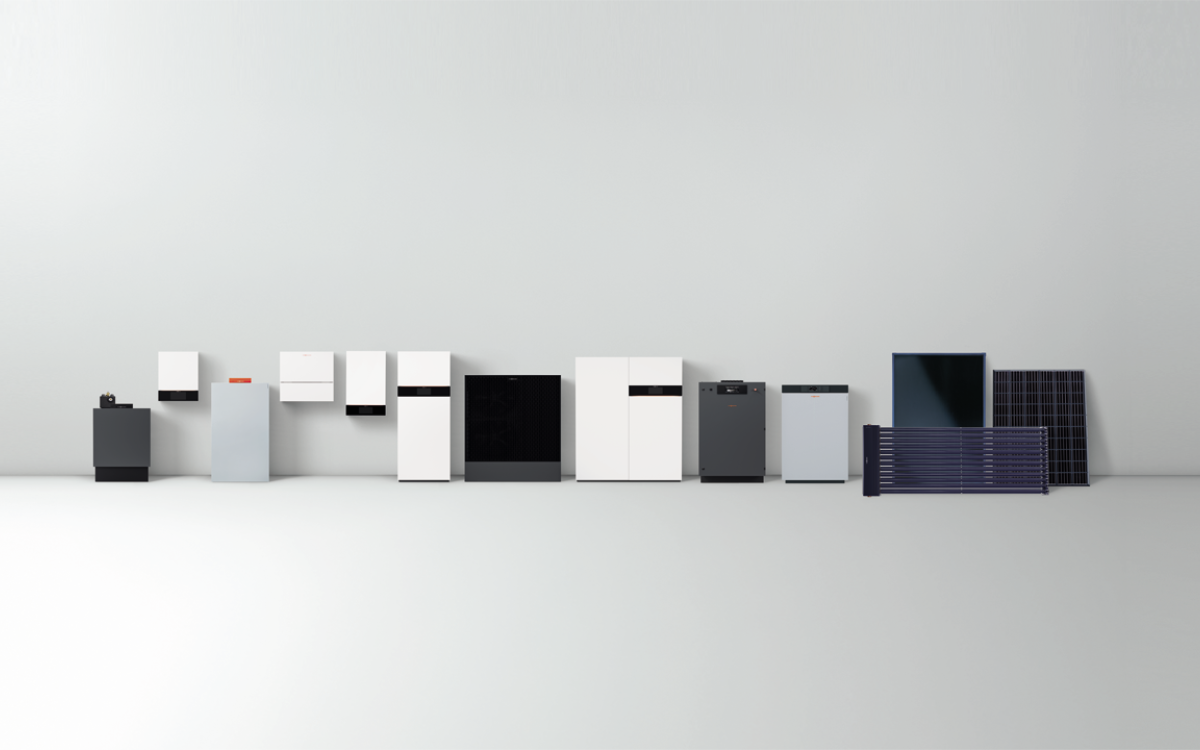
-1200x750w.png)
